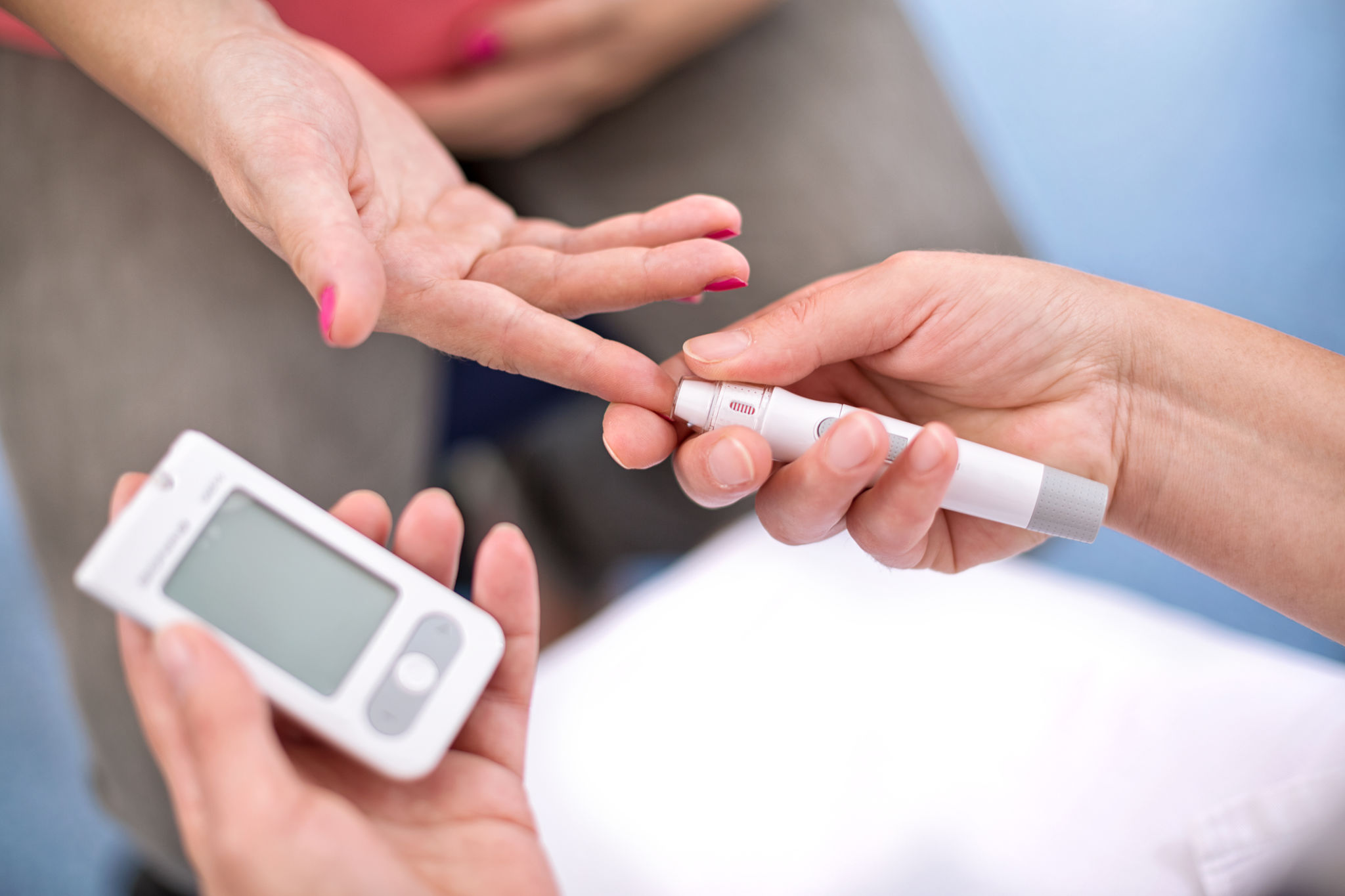Debunking Myths: How Often Should You Really Check Your Blood Sugar?
Understanding Blood Sugar Monitoring
For those managing diabetes, regular blood sugar monitoring is a crucial aspect of maintaining health. However, there's a lot of confusion surrounding just how often one should check their blood glucose levels. With various recommendations floating around, it’s important to distinguish between myths and facts to effectively manage your condition.

Common Misconceptions
One prevalent myth is that more frequent blood sugar checks always lead to better management. While it's true that monitoring is essential, excessive testing can sometimes lead to unnecessary stress and anxiety without providing meaningful benefits. It's important to focus on quality over quantity when it comes to testing.
Individualized Testing Schedules
The frequency of blood sugar checks should be personalized based on individual health needs, the type of diabetes, and treatment plans. For example, those with Type 1 diabetes or on insulin therapy might need to check their levels more frequently compared to someone with Type 2 diabetes managed by diet and oral medications.

Consulting Healthcare Professionals
Your healthcare provider is the best resource for establishing a testing routine that suits your personal health needs. They can help determine the optimal times for testing, such as before meals, after meals, or before bedtime, based on your daily activities and treatment goals.
Factors Influencing Testing Frequency
Several factors can influence how often you should test your blood sugar:
- Medication Changes: Adjustments in medication might require more frequent monitoring to evaluate their effectiveness.
- Diet and Lifestyle: Changes in diet or increased physical activity can affect blood sugar levels, necessitating closer monitoring.
- Illness or Stress: Being unwell or experiencing stress can impact glucose levels, potentially requiring more frequent checks.

The Role of Technology
Advances in technology have provided new tools for monitoring blood glucose levels, such as continuous glucose monitors (CGMs). These devices offer real-time data and can reduce the need for frequent finger-prick tests. However, they should be used as part of a comprehensive care plan under the guidance of a healthcare professional.
Empowering Self-Management
Accurate and timely blood sugar monitoring is empowering for individuals living with diabetes. By debunking myths and understanding the true nature of effective testing routines, individuals can take charge of their health with confidence and precision.
In conclusion, while regular blood sugar monitoring is a vital component of diabetes management, the frequency should be tailored to individual needs rather than following a one-size-fits-all approach. Always consult with healthcare professionals to ensure that your testing routine aligns with your health objectives and lifestyle.